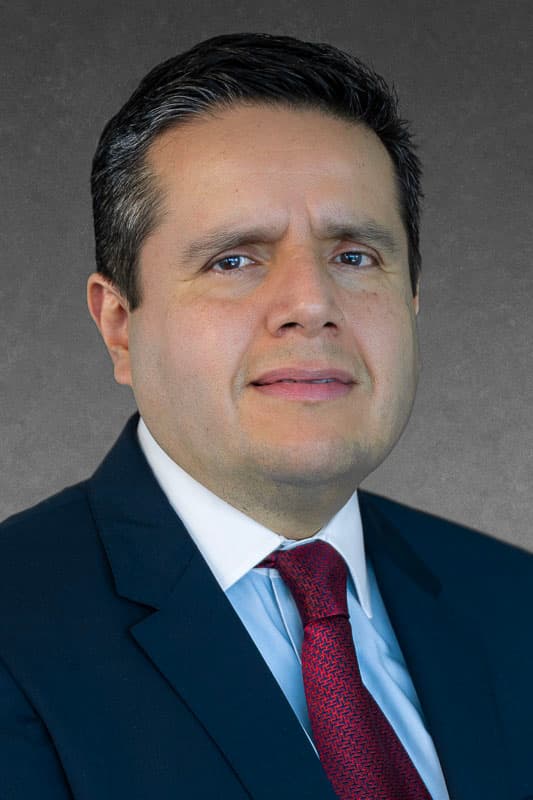Despite the great technological advances that have enabled digital omnipresence when doing business, it is only now that the legal world has accelerated the adoption of technology
Framed in the so-called information age, in recent times there has been a constant technological revolution in all areas of knowledge and human life.
Today, the interconnection and immediacy of communication allow a person to be having a coffee in St. Mark’s Square in Venice while being connected by a videoconference to a meeting taking place in a skyscraper in New York.
Despite the great technological advances that have made possible a virtual omnipresence at the time of doing business, the truth is that the legal world and that of lawyers seemed to turn much slower, always wrapped by a veil of mysticism that brought it closer to the past splendor of the Roman Empire.
It has not been until very recently and greatly boosted by the effects of the global pandemic of COVID 19, that the adoption of digital tools focused on the automation, administration, and management of legal processes has accelerated.
The following is a brief five-stop tour of examples of tools that have helped transform the way people and companies conduct their legal business.
Electronic signature
Although it is not new, in recent years its adoption and acceptance when entering contracts have accelerated. Today there are many providers and platforms that allow virtually any person or company – no matter how large or small – to sign documents digitally.
Currently, the challenge lies in the absence of an international treaty for the recognition of electronic signatures by all countries, so each one of them establishes in its legislation its requirements for an electronic signature to be valid. In short, at the time of entering a contract between a Mexican company and a Spanish company, it must be verified that the signatures – suppliers – to be used are recognized in both Mexico and Spain.
Legal process management
Telephone and email for the coordination and management of legal processes are a thing of the past.
Currently, there is specialized software – many of them in the cloud – in which the operational areas upload their requirements for legal services, and in a completely automated way, the system identifies the need, collects the documentation, and prepares the document that is sent to the legal area or the external lawyer so that the latter, based on his experience, can put the final touches before sending it to the interested parties for electronic signature.
All this, in a very short time, and with traceability from the initial request, negotiations, conclusion, and life of the contract.
Smart contracts
Modern contracts are more than just a few – and sometimes many – sheets of paper. Today’s contracts are digital files that, in addition to describing the most important points of business negotiation, help those involved to enforce them. Automatic alerts, reminders, and direct linkage to companies’ ERPs (Enterprise Resource Planning Systems) and CRMs (Customer Relationship Management Systems) make modern contracts truly alive and, in many cases, automatically self-managing, thus ensuring compliance.

Storage and document control
Electronic signatures, legal process management, and smart contracts, in addition to modernizing the way of doing business, have in common that they demand a secure storage space that guarantees immediate availability, immutability, and confidentiality. The challenge is not easy in an environment where digital crimes – attacks and information hijacking by hackers and governments are on the rise. As a result, technological solutions specialized in the storage and control of legal documents have been developed; many of them with blockchain technology.
NFTs
Finally, the legal world has been updated and today explores the use of NFTs (Non-Fungible Tokens) to document transactions, substitute titles, and bearer certificates, among other uses.
In the next few years, NFTs will surely become commonplace in the daily lives of companies and their lawyers. Thanks to this trip, we have been able to learn about the current situation in the legal business and we have been able to anticipate the new normality that we will experience in the coming years.
Perhaps the only thing left to say is the slogan: «The future, now». With this phrase, the global professional services firm Baker Tilly brings technological solutions for the automation, administration, and management of legal processes, thus enabling large and small companies to do their legal business today with the tools of the future.
Author:
Jorge Caloca Terán
Legal Manager

Adrián Bueno
Legal Lead Partner




